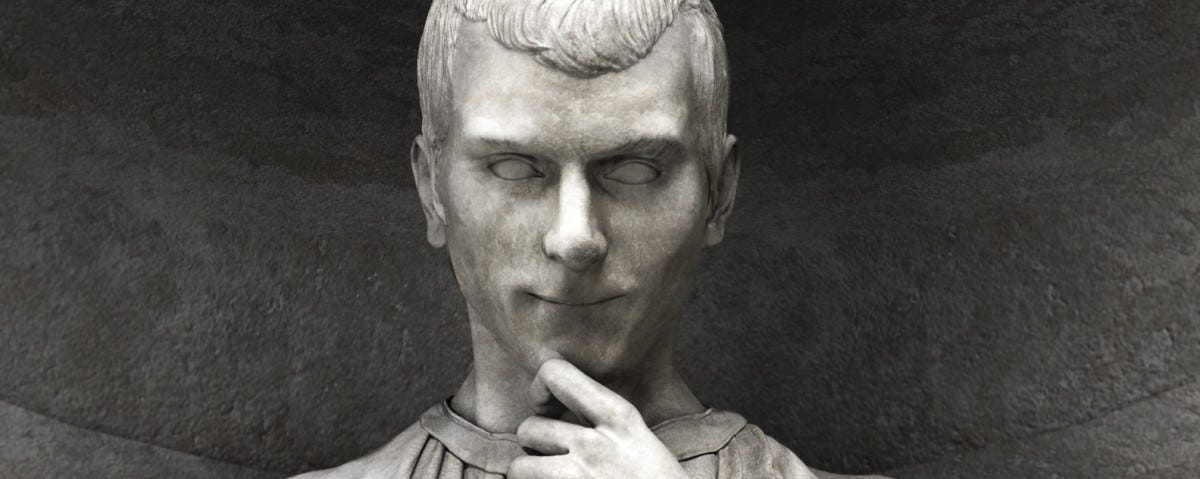
Speak, Memory, by Vladimir Naobokov
Speak, Memory, about Vladimir Nabokov's early years. is memoir taken to the highest possible level. I got the feeling that Nabokov luxuriated in composing this book. That though his past is as complicated as anything movies might dream up, his childhood was a joy for him to remember. Any discussion of Nabokov must start with his way with words. While his facility in English seems especially astounding for a Russian, he points out that English was more familiar to him growing up than his native tongue. He has a massive vocabulary—hardly a page went by when he didn’t use a word that I had to look up. But his use of that vocabulary is never annoying, never pretentious. It’s more like he has acquired this huge facility in English for the express purpose of having precisely the right word on hand on every occasion. This is not intellectual fussiness either. He uses language to bring the past to life. Especially when he talks about his early years in what seems like the Garden of Eden, his descriptions create such vivid portraits of his experience that to this reader they acquire a sensual reality that is palpable. You get to join him in the Garden.
Most of the work is taken up with Nabokov’s early years on various estates in Russia. Nabokov had a fairy-tale childhood, his rich and well-connected father being among the last of the Russian democrats to try to prevent the revolution running roughshod over Russian society. Later in the book, Nabokov seems almost reluctant to broach the exile years in Europe, the very antithesis of his experience in Russia. In Germany, in France and in England, where he received an honour’s degree from Cambridge in Literature, he seems to walk under a permanently gray cloud. However, the memoir ends on a positive note. Nabokov sails for New York and a new life to come. Speak, Memory consists of chapters devoted to his ancestors, his infancy, his mother and father, his nannies and tutors, and so on. He is at his very best when he is talking about his lifelong passion, butterfly collecting. He tells some wonderful stories that carry with them his enchantment about being alone in a forest, butterfly net in hand, looking for a rare species. The writing is exquisite. Of course, if you know intimately just about every word in the English language, as I am sure Nabokov must have done, then description can be no chore because the perfect word, no matter if occasionally obscure, is readily at hand. It is hard not to envy a little a man who can recall his distant past with such evocative warmth and such precision.
As an example of his skill as a writer, I will quote the opening line of the book, among the most memorable opening lines in literature: "The cradle rocks above an abyss, and common sense tells us that our existence is but a brief crack of light between two eternities of darkness." In thinking about the beautiful memoir that followed that opening line, I couldn’t help but have a morbid thought. In Nabokov’s final few moments of lucid consciousness before that second eternity engulfed him, would his life not seem to him like the briefest, unfathomable flicker of sensation receding forever into an eternity of nothingness. Would such a realization seem like a cosmic joke? What a shame he wouldn’t have had time to describe it.










